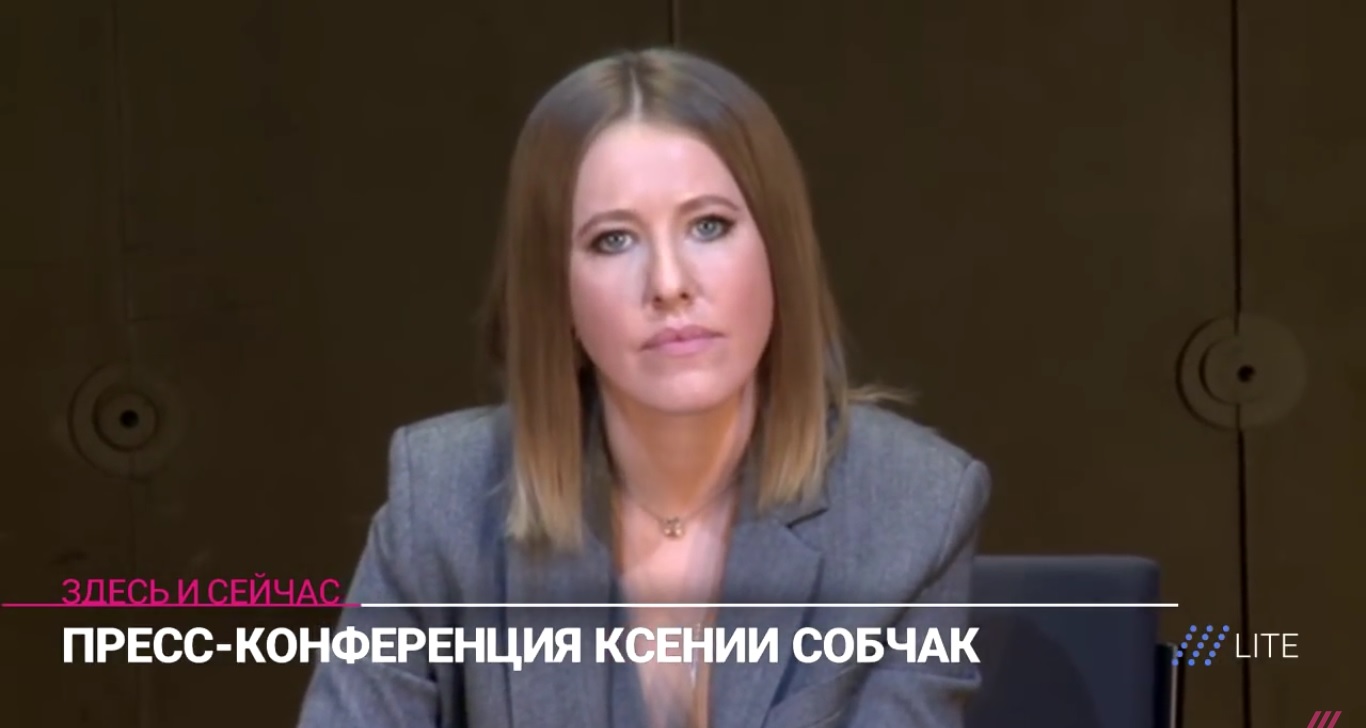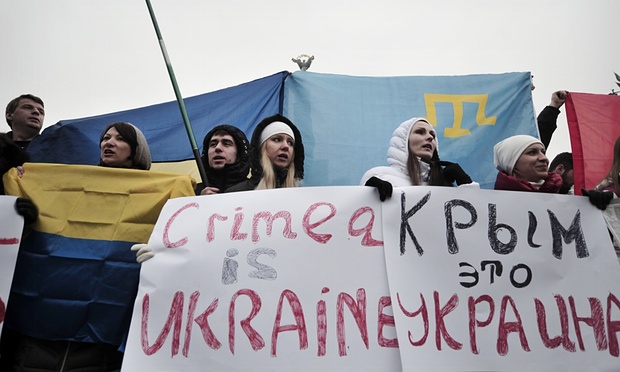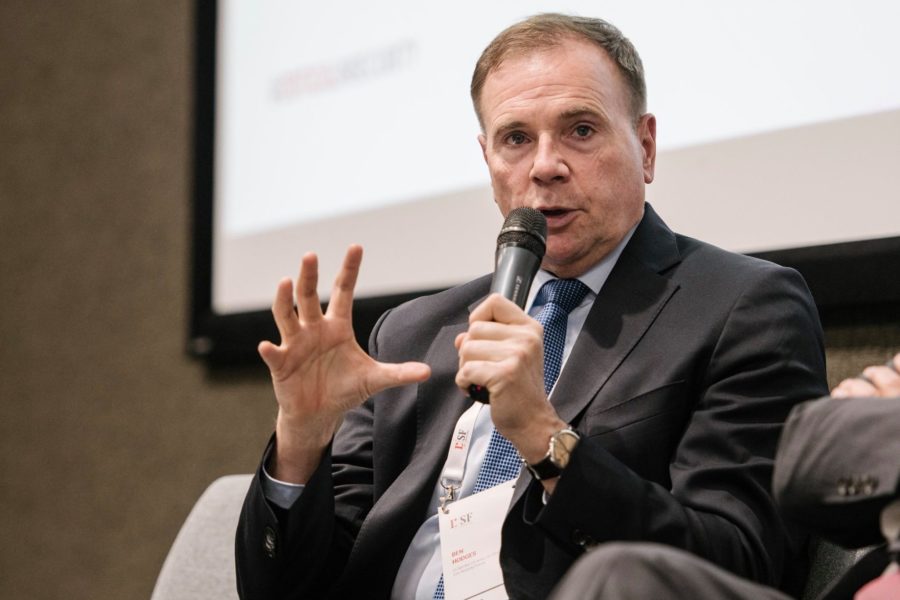Kseniya Sobchak’s statement that Crimea is Ukrainian under international law may not matter too much in the short term, Vitaly Portnikov says. On the one hand, it may all be part of a Kremlin game to appear tolerant. And on the other, she won’t have the chance to implement it because she isn’t going to be elected Russian president.

Those twin realities have led many to dismiss her words, but that is a mistake, the Ukrainian commentator says, because by making them, Sobchak has returned the discussion of the status of Crimea to open political discussion in Russia, something that had previously been impossible because of a legal ban on call for changes in Russia’s external borders.
She has found a way to express something that no one could before. Admittedly, Portnikov continues,
Most opposition leaders, including Alexei Navalny, have felt that they cannot challenge the “Crimea is Ours” majority head on even if they are so inclined; and Navalny, by all the evidence, isn’t. Instead, he is quite prepared to play to the imperialist majority because that is a way to get votes now.
Sobchak’s words, however little they affect Russia right now, help bring that day closer, the analyst says, because “Russia is a country in which three percent support for this or that position can easily be transformed into 73 percent by actions of the authorities or television. That is something that must always be remembered.”
Related:
- Sobchak says ‘Crimea is Ukraine. Period’
- Chronology of the annexation of Crimea
- None of 8 myths in Putin’s ‘Crimea is Ours’ ideology stands up to close examination, Popov says
- The Crimean Anschluss at three: ‘A jubilee of stupidity and criminality’
- Hitler’s anschluss and Putin’s: Similarities and differences
- Putin’s reaction to Sobchak’s question: why did you let her speak?
- ‘Desperate Pensioner Asks Putin to Send Him a Coffin’ and other neglected Russian stories
- For the chekists, Navalny is the Yeltsin of 1987, Portnikov says
- Kasparov responds to Navalny and Khodorkovsky: Russia has to return Crimea to Ukraine
- Pastukhov: Any successor to Putin likely to be a dictator




